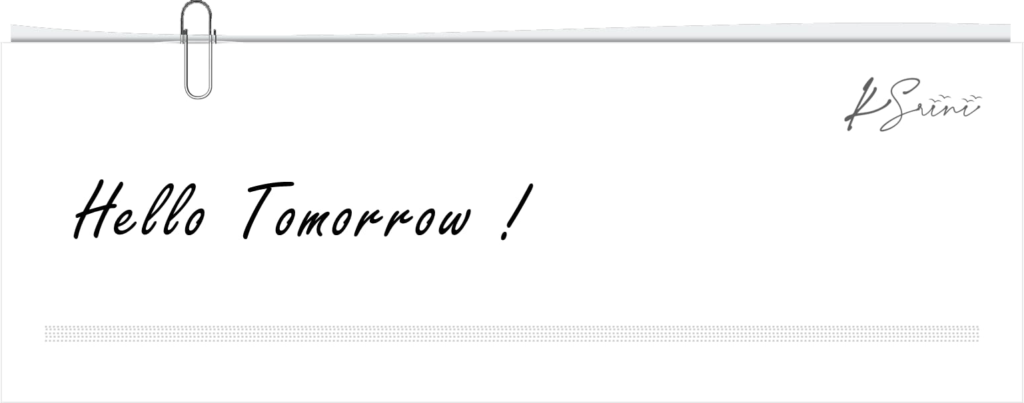Often over a drink during the weekend we hear conversations about how many of us are frustrated with the state of our current affairs. Whether it is our jobs, bosses, roles, organizations, or in general with life – we make elaborate resolutions, plans, blueprints to change all this. But come Monday, and we are more than eager to go back to the old trap and get adjusted to the so-called uneven world, completely forgetting Friday’s resolutions.
Something similar is also witnessed at workplaces during Monday to Friday; the bosses and organizations want to break the old routine way of functioning; they want to do something new which others have dreaded to explore and so on. But as soon as the first few ideas come, we start ensuring that we do enough revisions which eventually leads us back to our current state with just some minor changes and all the grand plans of Next Orbit go back to files which we will never open again . . .
Is bringing about change so complex? Is letting go of our comfort zone so tough? Is the fear of the unknown so compelling? Is the path to new frontiers filled with hurdles . . . hurdles which the external environment creates or hurdles we create ourselves?
To understand this state let’s go back to basics. Why do we need to change in the first place? Is it because we are bored with the current state or Are we aspiring to do something new because we believe in it?
In the latter case (because we believe) it is the compelling & inherent need to learn & experiment that drives us towards the path of new frontiers and hence many succeed. But in the former case (bored) we often chicken out because of many fears which we will explore below:
- Fear to start again
- Fear of Failure
- Fear of the Unknown
- Inability to distinguish between current compulsions and compulsive dreams
- It is a long and lonely journey
In short, there is no guide and guarantee to be successful every time we embark on a change or journey.
What is critical to us? Is it to understand and appreciate that Fear is a default setting for any change and thereby it would be there at the beginning of the journey but start evaporating as we see the destination? Is it critical to understand and appreciate that the regret of not making the journey stays longer and most of the time is permanent than the fear which we face at the beginning of the journey?
Comparing the two, the balance surely tilts towards making the journey, as fear will always be temporary, but regret is permanent. This clause- Regret Is Permanent (RIP) also signifies the death of our quest to achieve something new which is in our DNA as a species.

